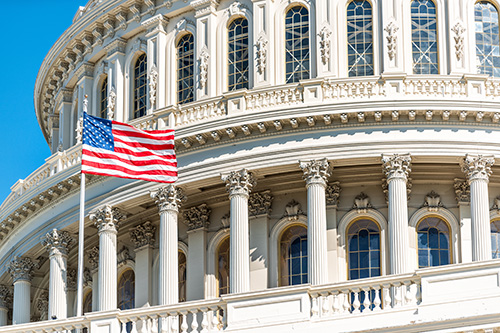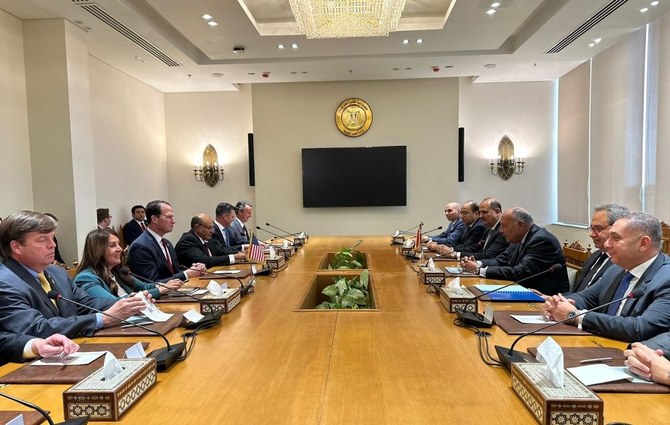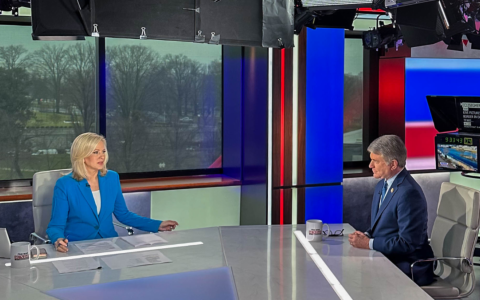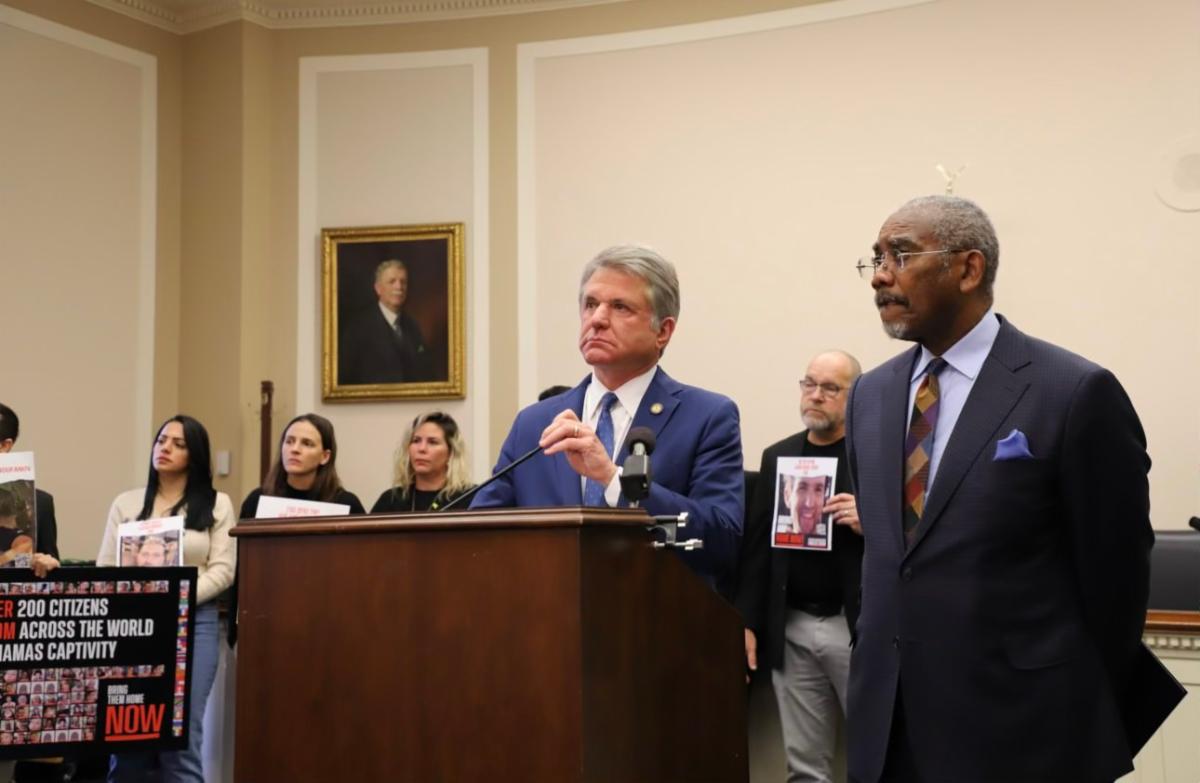Terrorism Remains a Deadly Challenge We Must Confront
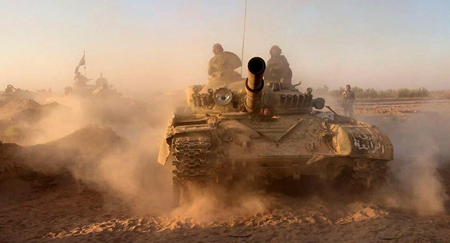 The threat of terrorism remains a deadly challenge for us and our allies around the globe. In the last four years alone, we have seen the ability of terrorist groups—many of which we had thought we had defeated—to evolve and attract thousands of recruits to their violent cause. ISIS, al-Qaeda, Iran, and all their affiliates and proxies are still active and waiting in the shadows for an opportunity to strike again.
The threat of terrorism remains a deadly challenge for us and our allies around the globe. In the last four years alone, we have seen the ability of terrorist groups—many of which we had thought we had defeated—to evolve and attract thousands of recruits to their violent cause. ISIS, al-Qaeda, Iran, and all their affiliates and proxies are still active and waiting in the shadows for an opportunity to strike again.
Although we have made great progress against these terrorists on the battlefields of Iraq, Syria, Libya, and Afghanistan, our gains remain fragile. Just last week, a report by the Pentagon warned that ISIS fighters have moved underground and are regrouping. We must not become complacent again. We must continue to be vigilant until the ideologies that motivate violent extremism are cast into the dustbin of history.
I applaud the White House’s new National Strategy for Counterterrorism. This document drastically changed the U.S. government’s perspective on the war on terrorism. It correctly frames the battle in terms of an enduring challenge that must be managed to protect the homeland, instead of a mission that has a beginning and end. It clearly recognizes the broad and diverse challenges we face from terrorism, including Iran’s growing network of terrorist proxies and the ability of terrorists to exploit cyberspace.
The strategy prioritizes countering terrorist use of the Internet for radicalization, recruitment, and fundraising. This is a priority I introduced into the State Authorities bill last Congress and I am glad the White House is taking it seriously.
The strategy also makes clear that this fight is not America’s burden alone. Our international partners play an important role. We can empower them by bolstering their capabilities and increasing cooperation.
That is where the State Department’s Counterterrorism Bureau comes in. Created in 1972 in response to the Munich Olympics attack, the Bureau forges partnerships with foreign governments, multilateral organizations, and NGOs to coordinate and advance U.S. counterterrorism objectives that enhance global security as well as our own.
Under that broad mission it has several core responsibilities, including coordinating strategy across the State Department and other agencies, conducting counterterrorism diplomacy, and building capacity of partner nations to address terrorist threats within their own.
Given the enduring threat from terrorism that we and our allies face, it is crucial that CT Bureau does its job effectively and efficiently. It is our job in Congress to ensure that the American taxpayers are getting their money’s worth. When we are talking about millions of dollars going towards programs abroad, the people of my district are right to demand how it contributes to their safety and security. This is all the more important given that the Bureau has seen significant funding cuts over recent years. With limited resources every penny must be spent wisely.
For example, the State Department’s Inspector General filed a report last year that found much of the antiterrorism assistance we had been given to Pakistan was not being used, including dozens of courses not implemented. I am pleased to hear the Bureau has since repurposed many of the resources that had been sent to Pakistan to other more worthwhile programs. We cannot afford to throw good money after bad. Effective monitoring and evaluation programs are crucial to spotting what is not working and making changes that do.
For instance, we need assurances that the programming initiated and implemented by CT Bureau to prevent radicalization actually works. Is the Bureau still in the business of ‘‘countering violent extremism’’ (CVE)? If so, has the Bureau developed any mechanisms to prove that such programming works?
I appreciated the strong comments against Iranian-backed terrorism by the State Department’s Coordinator for Counterterrorism, Ambassador Nathan Sales, which were at the Washington Institute on November 13. I am eager to see our government go one step further than just designating the IRGC for terrorist activity. If we mean business, we must go after the Iran’s terrorist proxies in Iraq and Syria.
I applaud Treasury’s designations of four Hezbollah-affiliated terrorists in Iraq. Now the State Department must follow suit and finally designate groups like Asa’ib Ahl al-Haq and Harakat Hezbollah al-Nujaba for what they are: foreign terrorist organizations. At the very least, their affiliation with the IRGC should be enough to meet the criteria for designation.
And that’s just the way it is.




